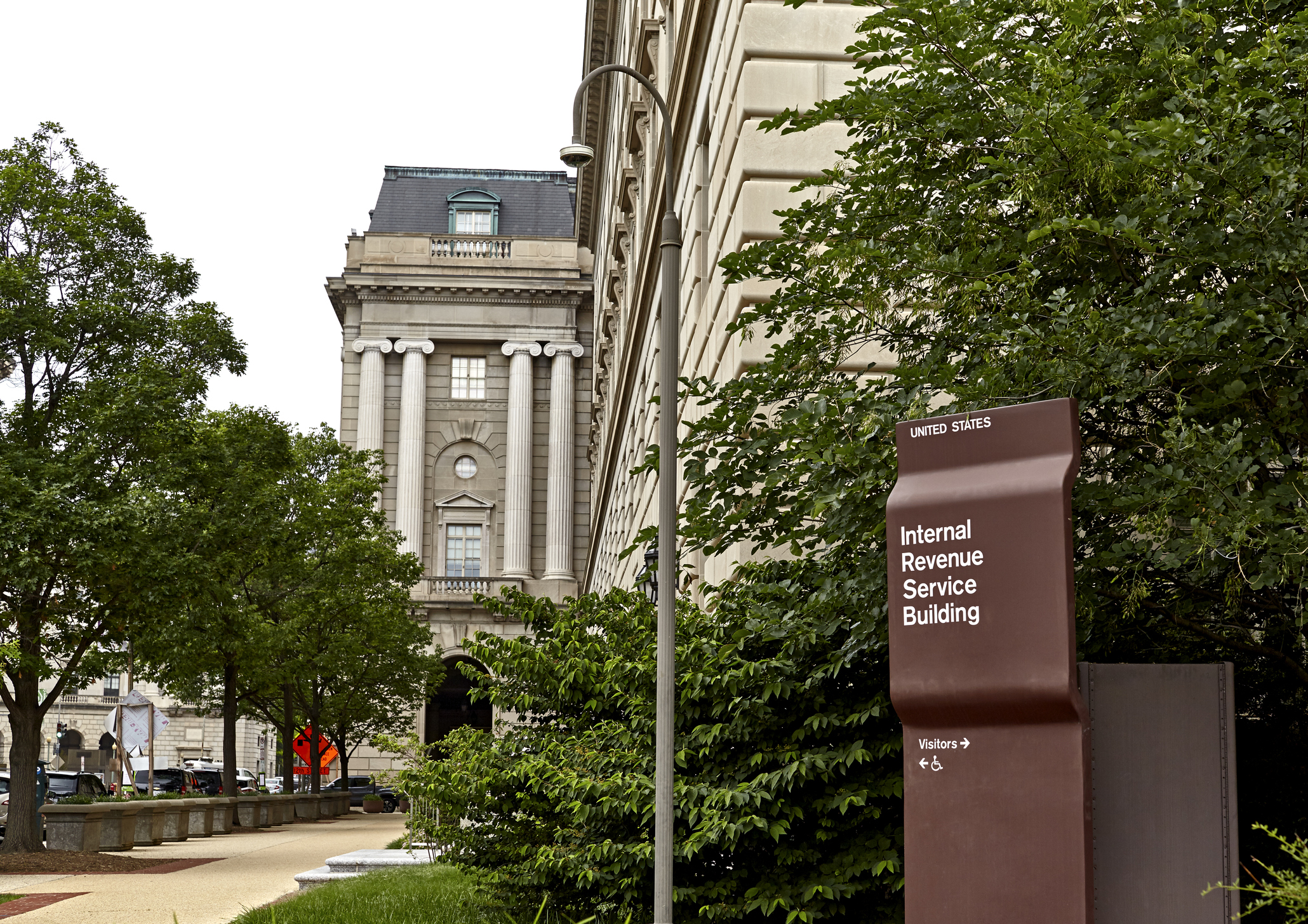- July 14, 2023
- 4 minutes read
IRS Demonstrates Aggressive Auditing of High-Income Tax Evaders to Justify Funding

The Internal Revenue Service (IRS) is showcasing its newfound ability to target and audit high-income tax evaders, using this as evidence for the necessity of sustained funding and to counteract proposed budget cuts by Republicans seeking to undermine the agency.
In recent months, the IRS has successfully collected $38 million in delinquent taxes from over 175 high-income taxpayers. Among the notable cases was an individual who used money owed to the government to purchase luxury vehicles, including a Maserati and a Bentley. Additionally, approximately 100 high-income individuals attempted to obtain favorable tax treatment through Puerto Rico without meeting the necessary tax requirements, many of which are now expected to face criminal investigations.
Newly appointed IRS Commissioner Daniel Werfel, having been in the position for just four months, emphasized the significance of these findings, stating, “It just shows you how much money is out there in delinquent taxes, and there are so many more cases for us to tackle. There’s just a significant opportunity there.”
The IRS has yet to provide comparative figures to determine how these high-dollar tax collections compare to previous years. Jodie Reynolds, speaking on behalf of the agency, clarified that the new data reflects an initiative launched after the IRS received additional funding through the Inflation Reduction Act, which was passed by Democrats in August.
Reynolds further noted that this data collection effort serves as an example of the work the IRS aims to prioritize with the funding it received through the Inflation Reduction Act.
During a press briefing, Commissioner Werfel highlighted the IRS’s enhanced capacity to identify tax delinquents, thanks to the resources provided by the Inflation Reduction Act. However, the agency’s funding remains vulnerable to potential cutbacks.
House Republicans included a $1.4 billion reduction to the IRS in the debt ceiling and budget cuts package that was passed by Congress earlier this summer. Moreover, as part of a separate agreement, the White House announced intentions to divert $20 billion from the IRS over the next two years to fund non-defense programs.
Consequently, the IRS is now striving to demonstrate the value of the Inflation Reduction Act funding for taxpayers as the appropriations season approaches, while also highlighting the impact of their efforts to increase audits on high-income taxpayers. Last year, Treasury Secretary Janet Yellen instructed IRS leadership not to escalate audit rates for individuals earning less than $400,000 annually and instead prioritize high-income taxpayers.
A group of academic economists and IRS researchers discovered in 2021 that the top 1% of income earners in the United States fail to report over 20% of their earnings to the IRS.
The IRS also reported that its staff handled three million more phone calls compared to the previous filing season, significantly reduced wait times from 28 minutes to 3 minutes, and cleared the backlog of error-free 2022 tax returns. The agency is also opening new taxpayer assistance centers and hosting events to aid individuals living far from in-person IRS offices.
Commissioner Werfel acknowledged the mixed results, stating, “The fact that some taxpayers are still frustrated while others see dramatic improvements tells us that we have more work to do.”
Over the past decade, the IRS enforcement staff has decreased by approximately one-third, and the agency has been operating with outdated technology, which it is gradually modernizing.
In April, the agency released a report outlining how the funds allocated through the Inflation Reduction Act would be utilized. The plans include digitizing more paper-based systems and ensuring prompt responses to taxpayers’ phone inquiries.
The IRS is even exploring more ambitious ideas, such as the development of a government-operated electronic free-file tax return system, currently undergoing pilot testing.
The allocation of additional funds to the agency has been politically contentious since 2013 when the IRS, under the Obama administration, faced scrutiny for scrutinizing political groups that sought tax-exempt status. A report by the Treasury Department inspector general revealed that both conservative and liberal organizations were subject to scrutiny.
